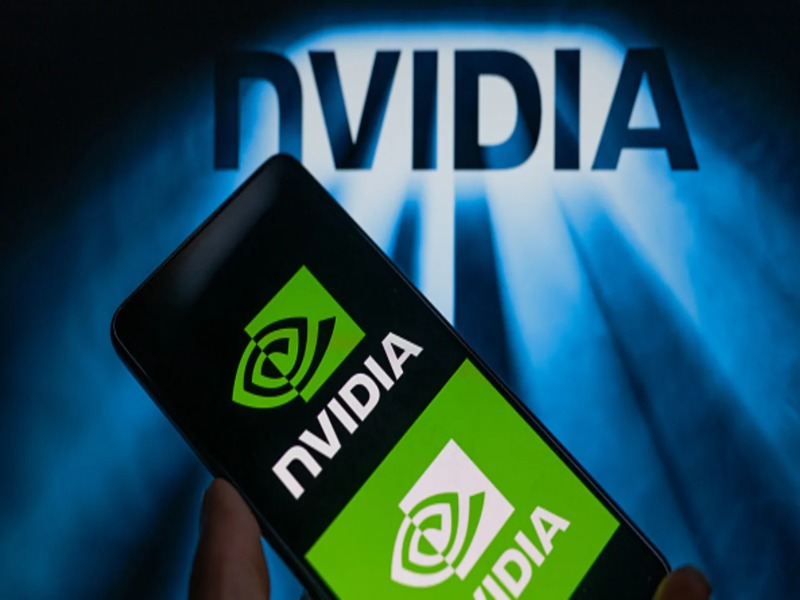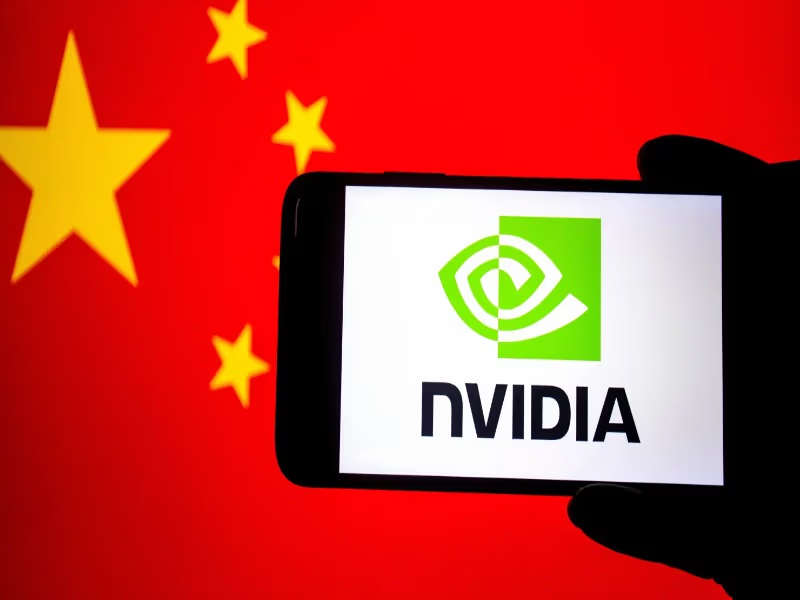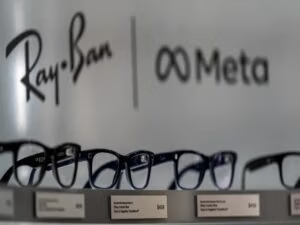The market regulator of China on Monday stated that Nvidia had breached the law of the country on the anti-monopoly law, based on a preliminary investigation, further declaring that Beijing would proceed with its investigation into the American chip giant. Nvidia shares fell approximately 2 percent in the premarket trade.
By the end of last year, the State Administration for Market Regulation of China (SAMR) initiated an inquiry into Nvidia regarding the takeover of Mellanox, as well as certain aspects of the deal that were finalized during the acquisition. In 2020, a network solutions supplier of data centers and servers, based in Israel, was acquired by Nvidia, a deal that was accepted by China with some.
During the initial stage of investigation, the SAMR indicated that Nvidia had contravened the anti-monopoly law of China concerning that acquisition and the terms of the agreement. The market authority in China failed to indicate how Nvidia violated the laws of the country.
The revised SAMR position could make trade negotiations between Chinese and U.S. leaders that started on Sunday in Madrid, Spain, more difficult.

The relationship between Beijing and Washington seems to be escalating concerns in the technological arena. On Saturday, China announced two separate investigations into semiconductors: one is an anti-dumping probe into some of the chips it is importing via the U.S., and the other is an anti-discrimination probe into restrictions that the U.S. has imposed on its chip industry.
The Chinese market has had a turbulent relationship in recent days, with Nvidia being the victim of the geopolitical turmoil. In the first half of this year, Nvidia was barred from exporting its H20 product, a chip that was specially designed to meet the U.S. export restrictions, to China.
The Nvidia CEO Jensen Huang has urged publicly for the American companies to be allowed to sell to the Chinese, indicating that the local artificial intelligence market would likely have a potential of about 50 billion dollars within the next two to three years. Huang added that, in case there are no American companies in China, the local players, such as Huawei, will capture the market.
Apparently, that lobbying was successful. Nvidia last month struck a deal with Washington, permitting the tech giant to resume selling chips to China in exchange for it would yield 15 percent of the proceeds to the U.S. government. The U.S. government and Huang have been negotiating on whether to export a more sophisticated chip to China.






